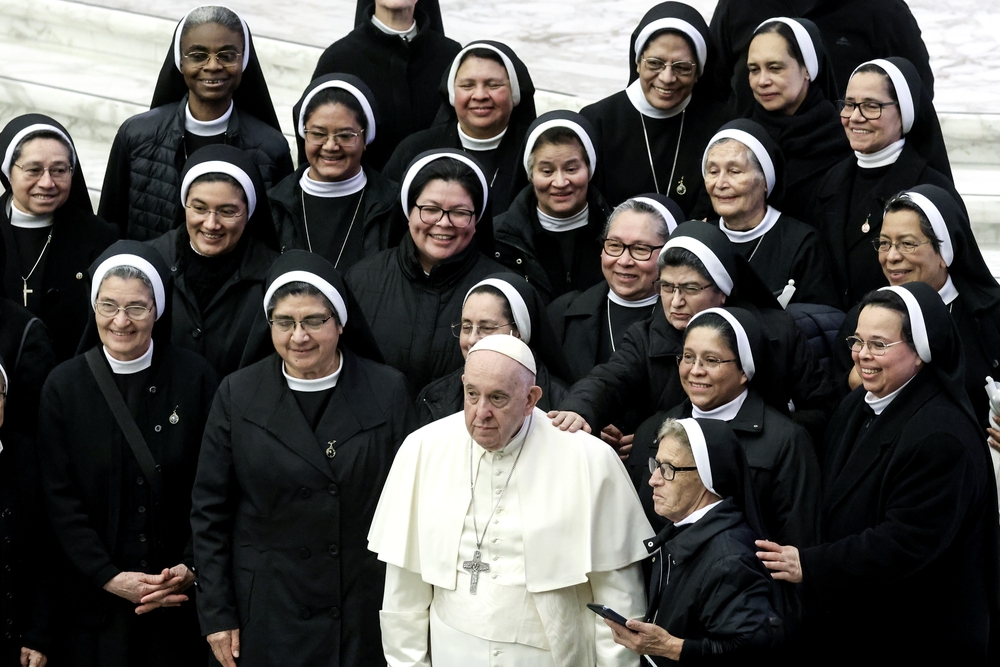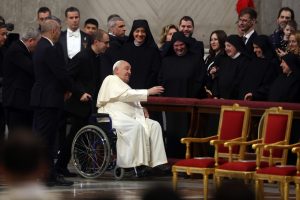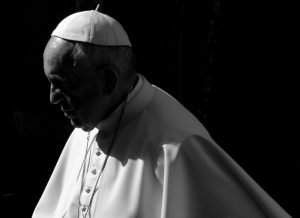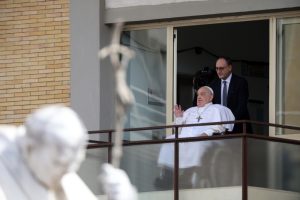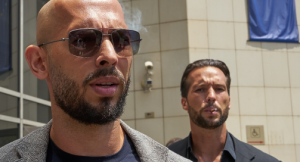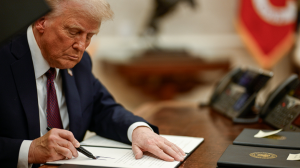From Latin America’s barrios to the global stage, the legacy of Pope Francis reshaped the Roman Catholic Church for a new era
Others are reading now
Religious leaders often walk a narrow path between tradition and progress. Few have done so under a spotlight as intense—or with as much conviction—as Pope Francis.
As reported by Digi24, the Vatican confirmed on April 21 that Pope Francis has died at the age of 88, ending a 12-year papacy marked by reform, humility, and international engagement.
Born Jorge Mario Bergoglio in Buenos Aires, Argentina, he was the first Jesuit, the first Latin American, and the first non-European pope in more than 1,200 years.
A Papacy of Firsts
Pope Francis’ election in 2013 symbolized a turning point for the Catholic Church. Known for his modest lifestyle—even as archbishop he rode the bus and cooked his own meals—he brought that simplicity into the Vatican.
Also read
He refused to move into the papal palace and instead lived in a modest guesthouse, stating that “my people are poor, and I am one of them.”
Throughout his papacy, Francis emphasized openness: visiting conflict zones, calling for environmental responsibility with his groundbreaking encyclical Laudato si’, and becoming the first pope to address the U.S. Congress and visit the Arabian Peninsula.
He also pushed boundaries by approving same-sex couple blessings—outside of official liturgies—and advocating against the death penalty.
Controversy and Courage
Yet Francis’ tenure was not without turbulence. He faced fierce criticism from both traditionalists and progressives.
His perceived leniency toward Russia during the Ukraine conflict and his handling of the Church’s sexual abuse scandals drew backlash.
Additionally, he was embroiled in historical controversies tied to Argentina’s military dictatorship, though allegations of complicity were dismissed in court.
Despite internal resistance, Francis remained a staunch advocate for the marginalized.
His papacy was defined by efforts to reform Vatican bureaucracy, promote interfaith dialogue, and bring the Church closer to everyday people.
Pope Francis’ final wish was to be buried not in the Vatican, but in the Basilica of Santa Maria Maggiore—a final gesture of humility that underscored a lifetime of service to the faith.

